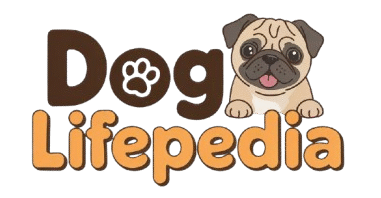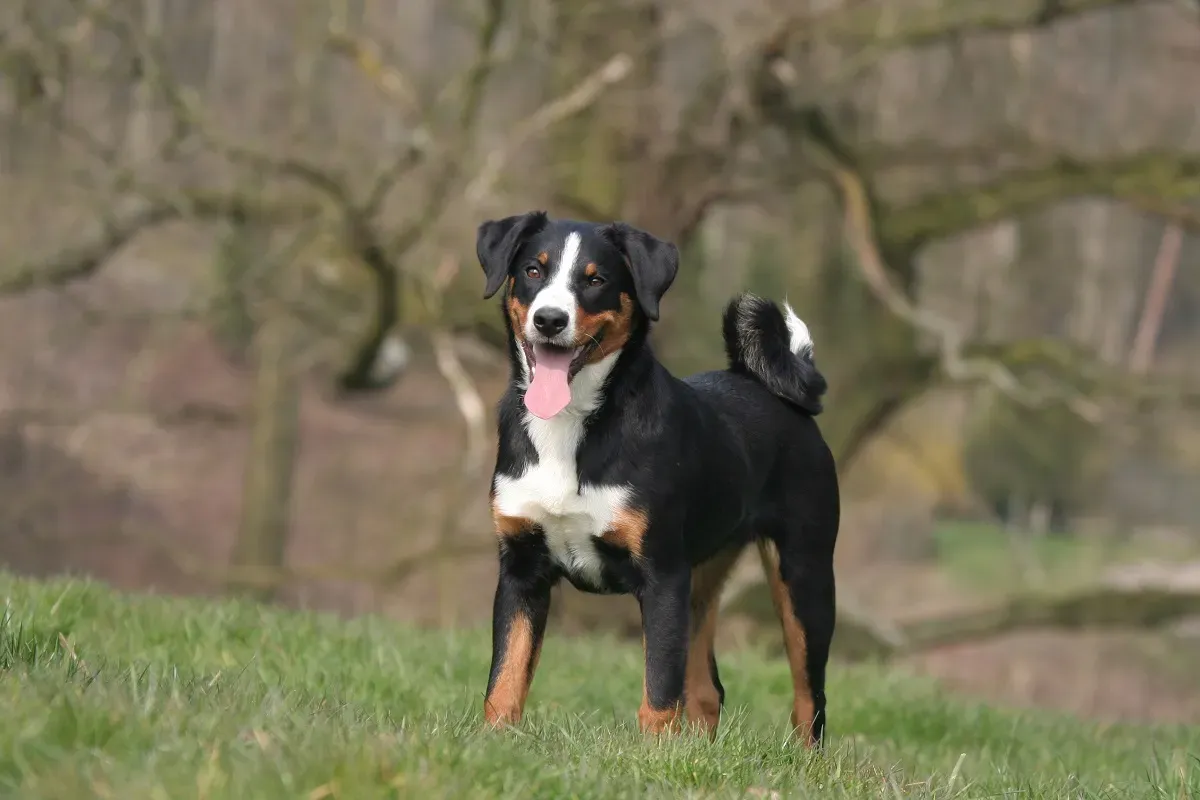
Dachshund
Heena
May 10, 2025

The Dachshund, affectionately known as the “sausage dog” or “wiener dog,” is a small breed with a long body and short legs—but a bold and confident personality. Originally developed in Germany to hunt badgers, Dachshunds have become incredibly popular in the UK and USA as both family companions and loyal lap dogs.
Available in standard and miniature sizes, and with a choice of three coat types, the Dachshund offers variety and charm. But don’t be fooled by their size—these dogs are stubborn, intelligent, and deeply loyal.
Breed Overview
There are two sizes:
- Standard Dachshund: 16–32 pounds (7–15 kg)
- Miniature Dachshund: Up to 11 pounds (5 kg)
And three coat types:
- Smooth (short-haired)
- Long-haired
- Wire-haired
Their long backs and short legs make them instantly recognizable. Though small, they carry a big-dog attitude, often fearless, curious, and vocal.
- Standard Dachshund: 16–32 pounds (7–15 kg)
Breed Colors & Markings
Dachshunds come in a wide range of colors, including:
- Black and tan
- Red
- Chocolate
- Cream
- Blue and tan
- Isabella (fawn)
Markings can include:
- Dapple (merle-like pattern)
- Brindle
- Piebald
Coat type affects grooming needs and may influence temperament—wire-haired Dachshunds, for example, tend to be more outgoing and clownish.
Temperament and Communication
Dachshunds are:
- Playful and clever
- Alert and vocal—excellent watchdogs
- Loyal to their family, sometimes one person in particular
- Wary of strangers, especially without early socialization
They are known for their distinctive bark, which is deeper and louder than expected for their size. Communication also includes:
- Tail wagging when happy
- Growling or barking when uncomfortable
- Whining when anxious or excited
Though small, they are not fragile or passive—Dachshunds are brave, sometimes to the point of recklessness.
What Do Dachshunds Eat?
In the UK and USA, Dachshunds typically eat:
- Small breed dry kibble
- Wet or mixed food diets
- Homemade meals (with veterinary guidance)
Important dietary needs:
- High-quality protein for muscle maintenance
- Joint-support supplements like glucosamine
- Controlled fat intake to prevent obesity
Feed:
- Twice daily, with strict portion control
- Use slow-feeder bowls if they tend to eat quickly
Avoid overfeeding. Extra weight puts serious strain on their long spines and increases the risk of intervertebral disc disease (IVDD).
What to Expect When Caring for a Dachshund
Health
Life expectancy: 12–16 years, often longer with good care.
Common health concerns:
- IVDD (back issues)
- Obesity
- Dental disease
- Patellar luxation
- Heart disease (especially in older Dachshunds)
To prevent injury:
- Avoid jumping on/off furniture
- Use ramps or stairs
- Maintain a healthy weight
Routine vet checkups and early intervention are key for longevity.
Grooming
Grooming needs depend on coat type:
- Smooth coat: Weekly brushing, low maintenance
- Long-haired: Brush 2–3 times per week to prevent tangles
- Wire-haired: Regular brushing plus hand-stripping or trimming
All Dachshunds need:
- Monthly nail trims
- Ear cleaning to prevent infection (especially long-haired)
- Daily tooth brushing to avoid dental problems
Exercise
Dachshunds have moderate energy levels and need:
- 30–60 minutes of daily exercise
- Activities like walks, fetch, or light agility
- Mental stimulation through toys and puzzle games
Avoid strenuous jumping or rough play. Despite their size, Dachshunds love outdoor adventures, but should always be leashed—they have a strong prey drive and may chase small animals.
Training
Training a Dachshund requires consistency and creativity:
- They are intelligent but stubborn
- Respond best to positive reinforcement
- Can be difficult to house-train—crate training is essential
Focus on:
- Basic commands (sit, stay, come)
- Leash manners
- Impulse control and socialization
Avoid harsh corrections—Dachshunds will resist force-based methods. Early socialization helps reduce fear-based aggression or wariness.
Nutrition
Feed high-quality dog food suited for small breeds:
- Look for meat-first ingredients
- Avoid fillers and artificial additives
- Use treats sparingly (less than 10% of daily calories)
Supplements:
- Omega-3s for coat and joint health
- Probiotics to support digestion
- Glucosamine/chondroitin for spinal support
Always provide fresh water and avoid high-fat table scraps.
Final Thoughts
Dachshunds may be small, but they pack a powerful personality into a tiny frame. In the UK and USA, they’re adored for their loyalty, expressiveness, and comical charm. However, they also require special attention to their spine, training, and weight.
Ideal for experienced dog owners or those willing to learn, Dachshunds make devoted and entertaining companions—especially for households that respect their needs and give them space to shine.

